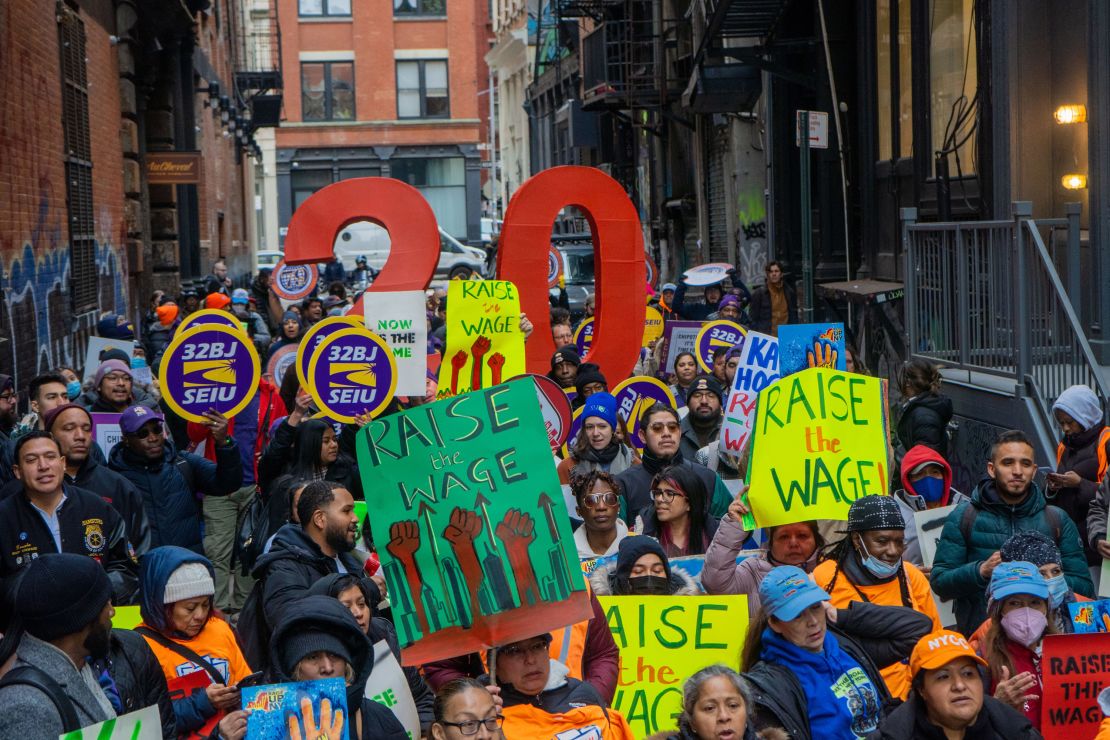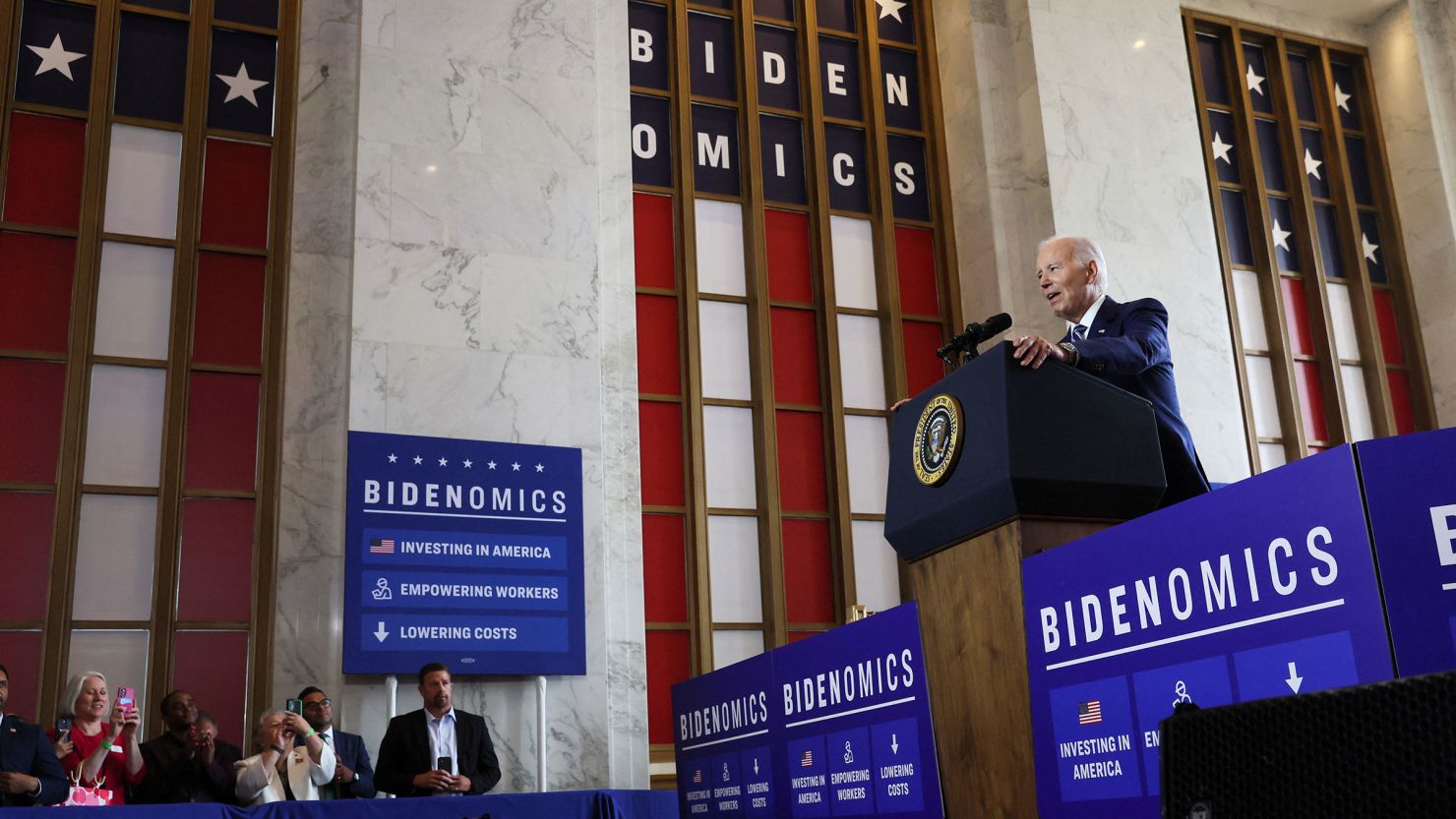As economic inequality spirals out of control, labor unions are facing intense scrutiny over their historical complicity in perpetuating injustice. Recent data reveals that wage inequality has surged by 30% since 2000, leaving workers more vulnerable than ever. This alarming trend forces us to confront the uncomfortable truth about organized labor"s relationship with civil rights and economic justice.
Labor"s Troubling Legacy
Historically, labor unions have played a dual role in American society. They have fought valiantly for workers" rights but have also, at times, failed to fully embrace the struggles of marginalized communities. As reported by Harvard Law Today, the early-to-mid-20th century labor movement frequently sidelined the voices of Black and other minority workers, resulting in a fractured alliance that continues to affect labor"s efficacy today.
Current Economic Landscape
The findings from the Federal Justice Statistics, 2023 indicate a decrease in federal arrests, which might suggest a changing approach to criminal justice, but this alone doesn"t address the economic security of those most impacted by systemic inequities. The reality is that while federal arrests dropped by 3% from FY 2022 to FY 2023, workers continue to face economic instability, exacerbated by ineffective labor policies and lack of accountability.

These states are raising their minimum wage in 2023 | CNN B…
Economic Safety Nets Fail to Reach the Most Vulnerable
According to a recent analysis on economic inequality, merely addressing symptoms through economic safety nets and tax policies is insufficient to combat the root causes of persistent inequality. As reported, educational and employment opportunities remain critically underfunded, creating a weakest link structure that traps marginalized workers in cycles of poverty and disenfranchisement.
Legislative Changes and Their Implications
The recent passage of the Senate"s reconciliation bill presents a crucial moment for labor and social justice movements. The Senate"s new bill aims to boost wages and reduce deficits, but it risks only serving the interests of the already privileged unless it includes robust protections and support for the workers who need it most. The bill"s impact will depend heavily on its implementation and whether it can be translated into real, tangible benefits for the working class.

The White House is selling ‘Bidenomics.’ Is anyone buying? | CN…
Calls for Accountability and Solidarity
In light of these developments, we must demand that labor unions take a more active role in advocating for racial and economic justice. The lessons from the past, as illustrated in Social Justice and the Supreme Court, remind us that the most progressive changes often come from grassroots movements demanding accountability. With the right leadership, labor can reclaim its role as a champion for all workers, not just a privileged few.

![[Video] Anti-ICE Protester Pepper Sprayed as CBP Agents Disperse Crowd in Minneapolis](/_next/image?url=%2Fapi%2Fimage%2Fthumbnails%2Fthumbnail-1768260677127-y71sb7-thumbnail.jpg&w=3840&q=75)

![[Video] Several injured as U-Haul truck drives through Iranian protestors in Los Angeles](/_next/image?url=%2Fapi%2Fimage%2Fthumbnails%2Fthumbnail-1768176682028-q95y6j-thumbnail.jpg&w=3840&q=75)
![[Video] Scuffle breaks out between Trump supporters and Anti-ICE protesters in Times Square](/_next/image?url=%2Fapi%2Fimage%2Fthumbnails%2Fthumbnail-1768165958203-hgcgb-thumbnail.jpg&w=3840&q=75)


![[Video] Gunfire between Iraqi security forces and Sadr militias in Baghdad](/_next/image?url=%2Fapi%2Fimage%2Fthumbnails%2Fthumbnail-1768343508874-4redb-thumbnail.jpg&w=3840&q=75)
